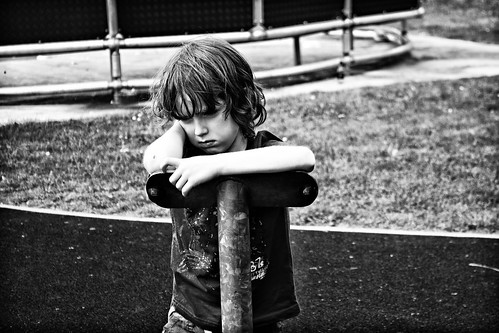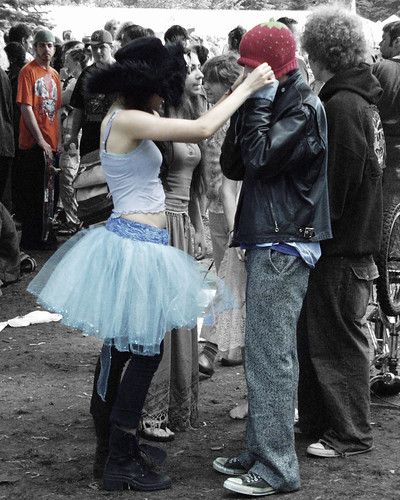What is Jealousy and what causes it?
Jealousy is a collective term for feelings that can range anywhere from fear of abandonment to hostile emotion to feeling humiliated. Every person experiences jealousy in a different way. Therefore, it’s difficult to pinpoint the exact emotion one might be feeling when they are jealous.
Anthropologists believe that jealousy is innate to the animal world, and, at times, aids in their survival. In the case of human beings, one should learn to control or tame it, or else it can lead to low confidence, low self-esteem, an unpleasant mood, and can even destroy vital relationships in your life.
Have you had people just jealous of you, the one that you can feel? Some people just hate seeing you doing better than them. Who is not letting them do better than you? We don’t stop them. If they had spent that time and effort into themselves, maybe they wouldn’t have to be jealous after all. Why do they waste their time and energy? Time is too precious.

I had some people hate on me; some I am embarrassed now to call my friends. Those were some sad moments when I found out they hated, talked behind my back and were jealous. But once I realized they were fake and once I had put my feelings aside, I became stronger, better and smarter. Even though it is sad that there are people like that out there, but I guess I should thank them. Oh well!
What are the types of jealousy?

Let’s explore the most common types of jealousy in human beings:
1. Pathological Jealousy
Pathological jealousy is a result of the mental disorders that a person suffers and arises from the deep-rooted insecurity and lack of love they have felt during their life. It reaches its peak when they are in a relationship, and they fear that people are colluding to keep them apart.
They feel that they have the right to make decisions on behalf of their partner and often appear as controlling. They are also quite anxious about losing control and constantly worried about the security of their loved ones and themselves.
2. Romantic jealousy
Romantic jealousy is the most common type. It is when someone thinks that their partner may be unfaithful in their relationship. They get easily agitated when they see their partner getting friendly with someone else other than themselves.
3. Sexual jealousy
Sexual jealousy is often associated with physical infidelity of the partner. It could also arise when they are insecure about themselves or their body and think that others appear more pleasingly sexual to their partner, even when it may not be the case.
4. Rational jealousy
Rational jealousy, as the name suggests, is a reasonable doubt that a person has in their loved ones. This is more concerned with their safety and emerges from a place of love for their loved ones. It doesn’t involve inappropriate behavior like humiliation, intimidation, or threats to the other person.
5. Irrational Jealousy
An irrationally jealous person feels like they are being attacked or senses fear in whatever they do. This type of jealousy is almost similar to pathological jealousy in that both root from the untreated issues that the person may have suffered. The person would experience sudden anger bursts, which would be immediately followed by episodes of crying, depression, and wallowing in self-pity.
6. Intentional jealousy
Intentionall jealousy is a kind of jealousy in which the person uses it as a weapon or tool to manipulate their loved ones to get what they want. In a relationship, the person might use it to make themselves feel more valuable and show their partner their worth. For example, the person might talk about their ex-partners and make their current partner jealous. However, this kind of manipulative jealousy can ruin the relationship as it causes the other person to feel uncomfortable or, at times, betrayed.
Is Jealousy justifiable?
Not all kinds of jealousy are harmful to relationships. At times, jealousy is justifiable. For example, jealousy might be an intuition that tells you something is wrong. If you were to follow it and it turned out to be wrong, then jealousy was for good and is justifiable. But this kind of intuitive jealousy is commonly seen in people who don’t often feel jealous.

What causes jealousy?
Many times, people wonder what causes their jealousy. Whether it’s their upbringing or how they used to hate everything while they were young. The reality is there is no set guide that details what causes jealousy in a person. It can be due to many reasons, of which upbringing and insecurity could be the leading causes.
The jealousy you experience is also dependent on the relationship you are in or the situation you face. The trigger could be anything, and if it’s pathological jealousy, you will need proper help for the underlying mental health issues that you suffer.
Also, it is to note that there is a fine line between jealousy and envy.

How to combat jealousy?
If jealousy arises at every instant and becomes beyond your control, it could destroy all the meaningful relationships in your life. Here is how you can combat jealousy:
1. Recognize that you are being jealous
The first step to combating or reducing the time you get jealous is to identify when you are becoming jealous. Start by asking yourself what caused it and where it is coming from. You could even write it down. This would feel uncomfortable, but that’s all part of the process.
2. Reflecting on your feelings
Reflect on the feelings you are experiencing at the moment. This also helps you to acknowledge your feelings and helps you understand your role in feeling jealous. For example, instead of saying they must be so happy without me around them, try thinking it like, I am insecure being a part of their friend circle.
3. Be accountable for your actions and feelings
Take full responsibility for your thoughts and feelings. If you feel that your previously unresolved issues cause jealousy, seek proper help and treatment.
4. Communicate with the people in your life
If you are feeling jealous in a relationship, communicate it openly with your partner. If it’s a friend circle, let your friends know how you feel. Communication is the key. When you establish a healthy relationship ecosystem, most cases of jealousy won’t strain it.
Final Thoughts…
Jealousy can or can’t be harmful. But combating it early would prevent the hold it has on you. Identifying what is causing jealousy is the first step. If you can do that, you have it almost under control. Don’t let the hate spread. Fight it at an early stage before it destroys everything that you hold close to your heart. If you are one of those haters, just focus on you! Use the other person as a person to look up to and don’t be jealous, don’t waste your precious time on being fake, jealous and hatred. Focus on you, your goals, and your achievements.

